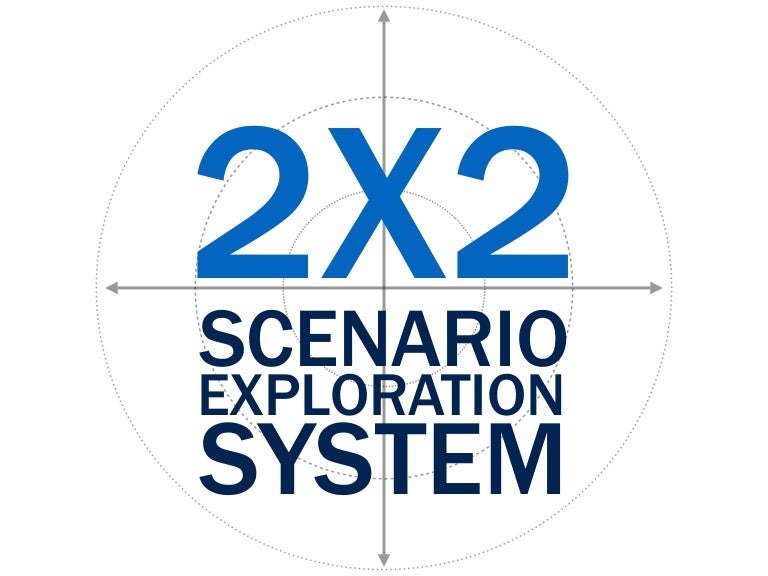
Planning practices — strategic planning, scenario planning, and the like — have taken firm root in both the public and private sector. Governments roll-out security scenarios. For-profit firms establish short-term, medium-term, and long-term strategic plans. More and more; on and on, the planning seems never to stop in our postmodern age.
Most folks are, thus, rightly surprised to find out that scholars typically do not know why planning processes work or, when they fail, why. The reasons are deep-seated and my co-author (Matthew Spaniol) and I (Nicholas Rowland) tackle a few of them in our new paper “the scenario planning paradox,” which builds on some of our previous work about multiplicitous notions of “the future” and plural “futures” as well as the social practices associated with the process of scenario planning in the first place. Below is the abstract and link to the planning paradox paper: